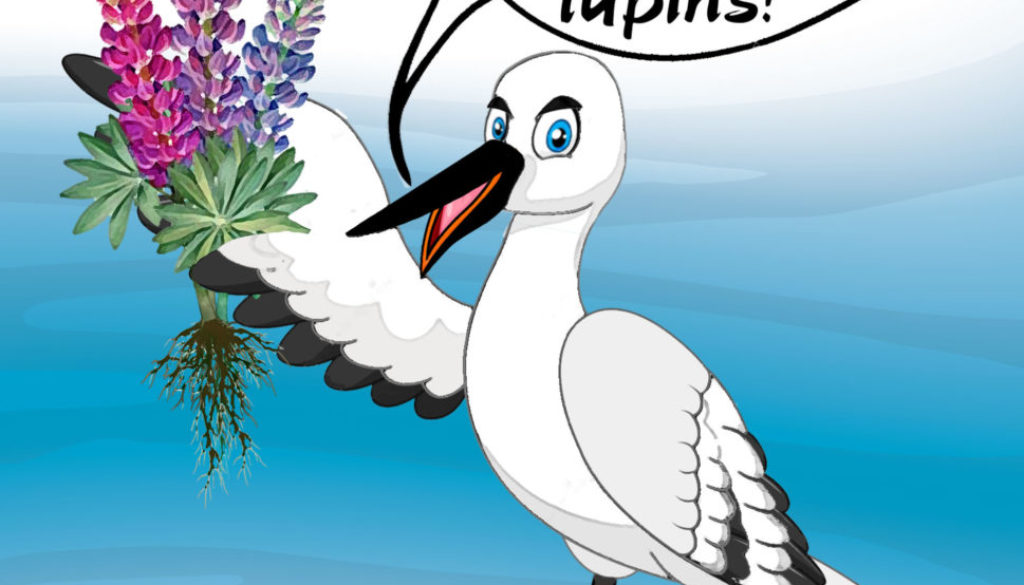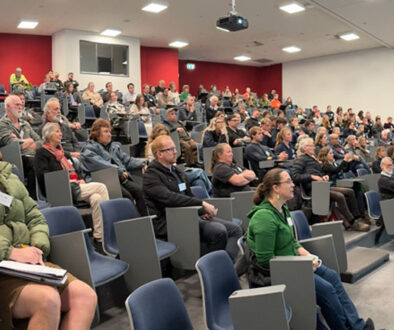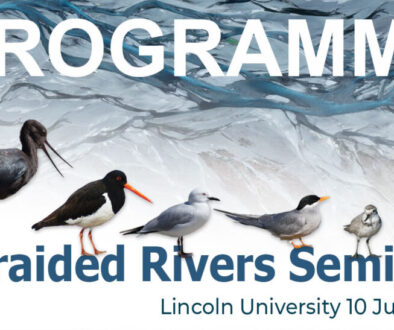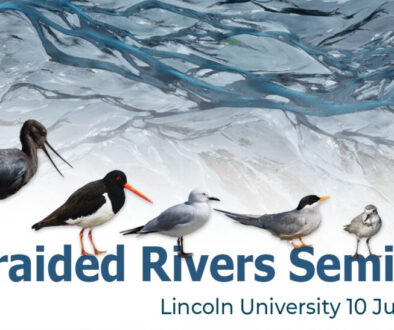Newsletter #41
Kia ora,
Just a reminder that our next meeting, will be 2-5pm, Thursday 22 November, at the DOC offices, Nga Mahi Rd Sockburn (the venue was unavailable on Friday, I’m afraid).
What does climate change mean for braided rivers?
The latest IPCC summary report (or see the full report) released earlier this month paints a concerning picture of what’s in store if global temperatures can’t be kept under 1.5°C. Historically, IPCC reports have been, to quote the journal Nature, ‘dangerously conservative’, largely to satisfy the more conservative member countries that make up the IPCC. This latest report points out that while 1.5°C is still technically feasible if you take the time to read the report, you’ll see that economics and politics means we’re staring down the barrel of at least 2°C. Narrowing the focus to braided river ecology (and to answer several questions posed to me these past few weeks), our website has 5 pages on how climate change will impact braided rivers and their ecosystems:
- Overview
- Rising sea levels (drowned estuaries, loss of coastal lagoons/hapua)
- Ocean acidification (oceanic food web)
- Ocean currents (changed oceanic food web, sea levels, weather)
- Altered weather patterns (drought/flood/wind/temperature)
I appreciate it’s tempting to ignore the problem because immediate issues like predators, weeds, and the quality and quantity of water in our waterways dominate our day-to-day attention. However, invasive species benefit from a changing climate, while competition for water resources, particularly in the agriculture sector, will become increasingly contentious. The weather is already changing and new management strategies, such as those now being considered in the Florida Everglades, are needed.
River bird surveys
These are now well underway. Joining a survey is a great opportunity to see river birds and meet like-minded people:
- 23-26 October: Waiau River (you do not have to be there every day)
- 31 Oct-02 November: Waimakariri River (a few places may still be open on one of these dates; these are long stretches)
- 07 or 08 November: Tasman River
- 14-15 November: MacCauley River
- 14-15 November: Godley River
- 19-20 November: Upper Rangitata River
- 21-22 November: Cass River
- 3-16 December: Upper Rakaia River (exact dates TBA)
If you would like to assist or would like further information, please email the contact person listed on each of the pages.
Let’s lose the lupins!
Several organisations including the Arthur’s Pass Wildlife Trust, Eco Canterbury, Conservation Volunteers NZ, North Canterbury Forest & Bird, Environment Canterbury, BRaid, and DOC, are planning working bees from 10-18 November to help rid the riverbeds and other areas around Arthur’s Pass of Russell lupin. Other activities are also being organised and will be posted on Facebook when they become available.
Russel lupins, which were recently added to the Regional Pest Management Strategy, impact braided river bird nesting habitat by creating hiding space for predators to sneak up on nesting birds, and by taking root in what should be mobile shingle, changing the hydrodynamics and geomorphology of braided rivers. Working bees will be 10 am – 12noon and 2 pm – 4 pm daily. Come and join the team for a few hours, a day, or the entire week! Accommodation (limited, so book early) is $10/night, please BYO food and drink.
To register (and for carpooling), contact Colleen (colleen@apwt.org.nz). For accommodation, contact Marion (marion@apwt.org.nz)
Braided Rivers Seminar 2019
We will be holding another braided rivers seminar in late May or early June 2019, most likely at Lincoln University. I won’t know the date until Lincoln University release their 2019 academic calendar, as it will be held in one of their state-of-the-art lecture theatres. If you are interested in presenting a paper, do let me know as there will be a limited number of presentations.
Cheers,
Sonny Whitelaw
Manager
More news
- The Ashley Rakahuri Rivercare Group is experimenting with a new trail camera set up beside a wrybill nest. The quality is not fantastic, but early days yet
- Speaking of the Ashley wrybill, BW-BW has returned once again with a new mate and new offspring. Steve Attwood took these great photos.
- A record number of 55 whio ducklings hatched in 2017-2018.
- Ox hearts keep kakī, healthy!
- The WWF-New Zealand Habitat Protection and Environmental Education Action Funding rounds open today, 23 October.
- Avon-Heathcote Estuary recognised internationally as a safe haven for migratory birds.
- The bird voicebox is a one-of-a-kind in the animal kingdom.




